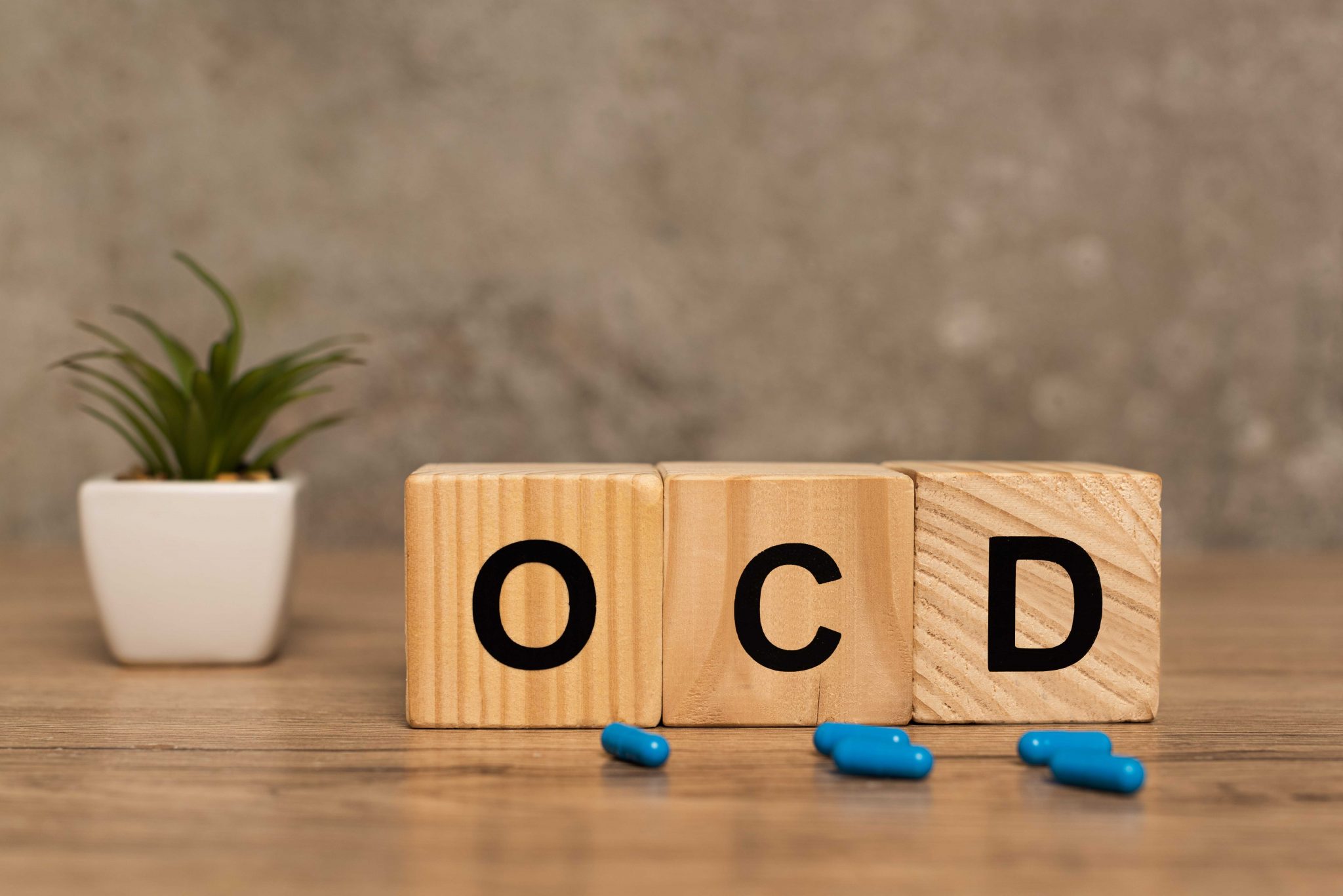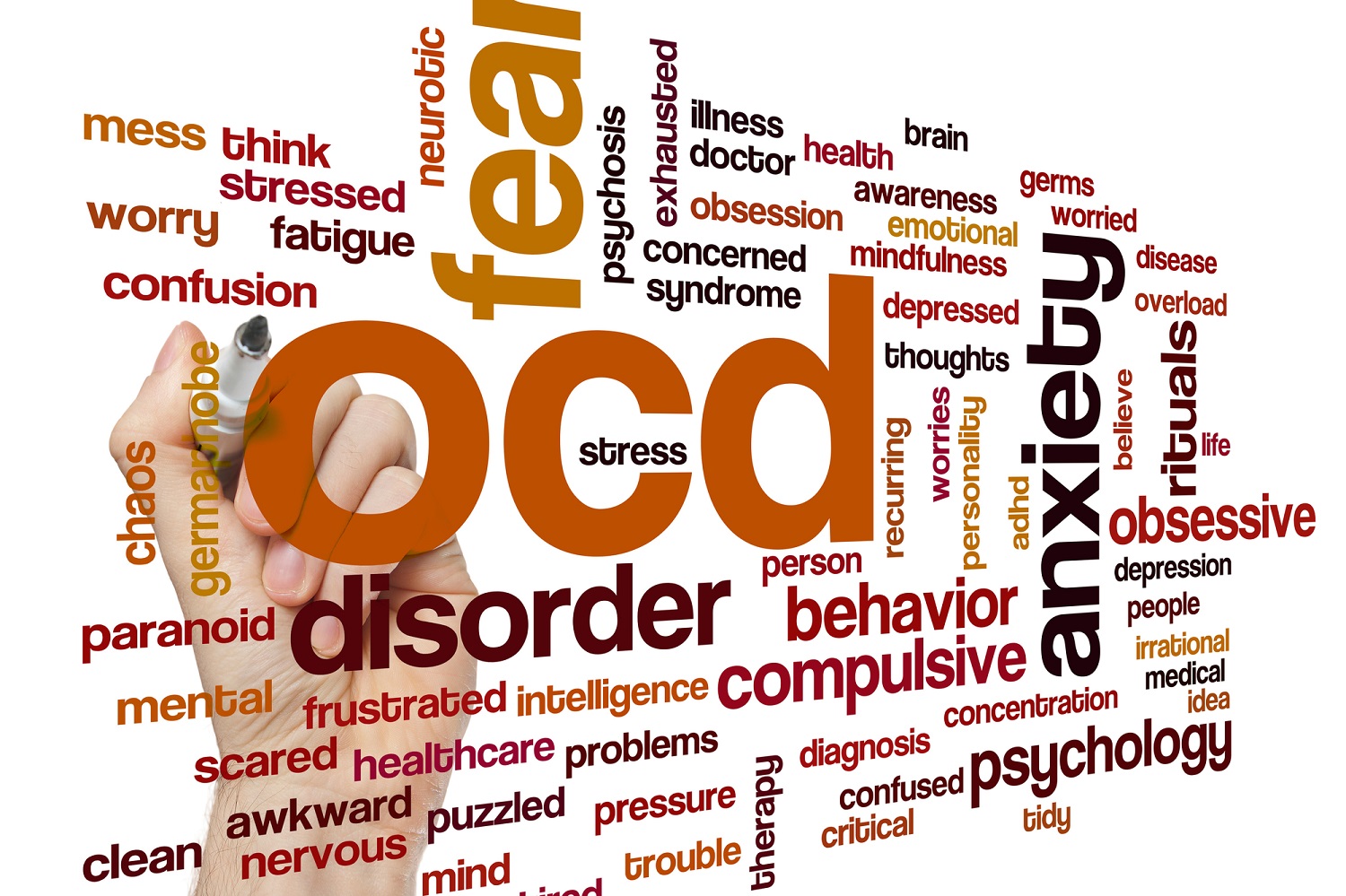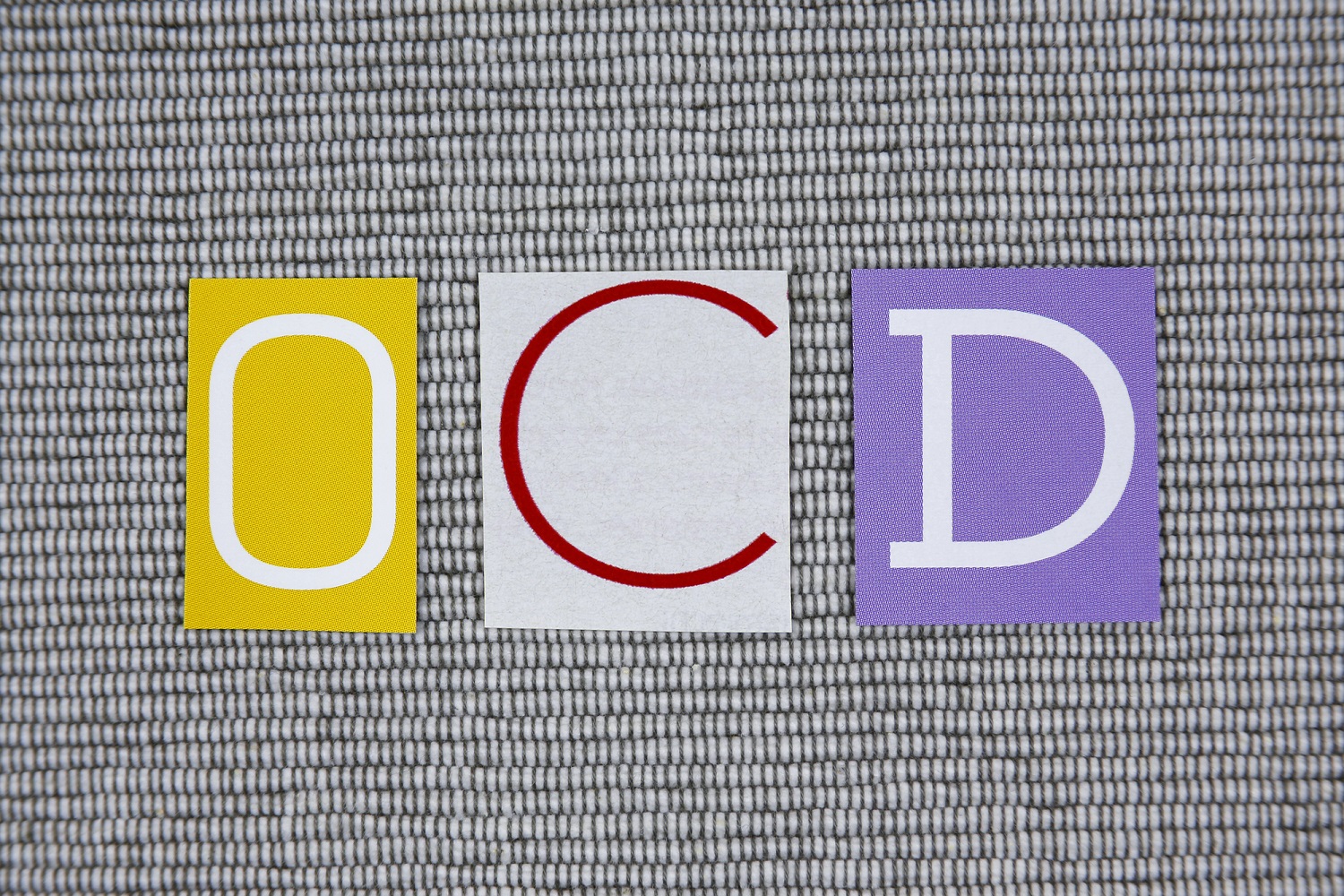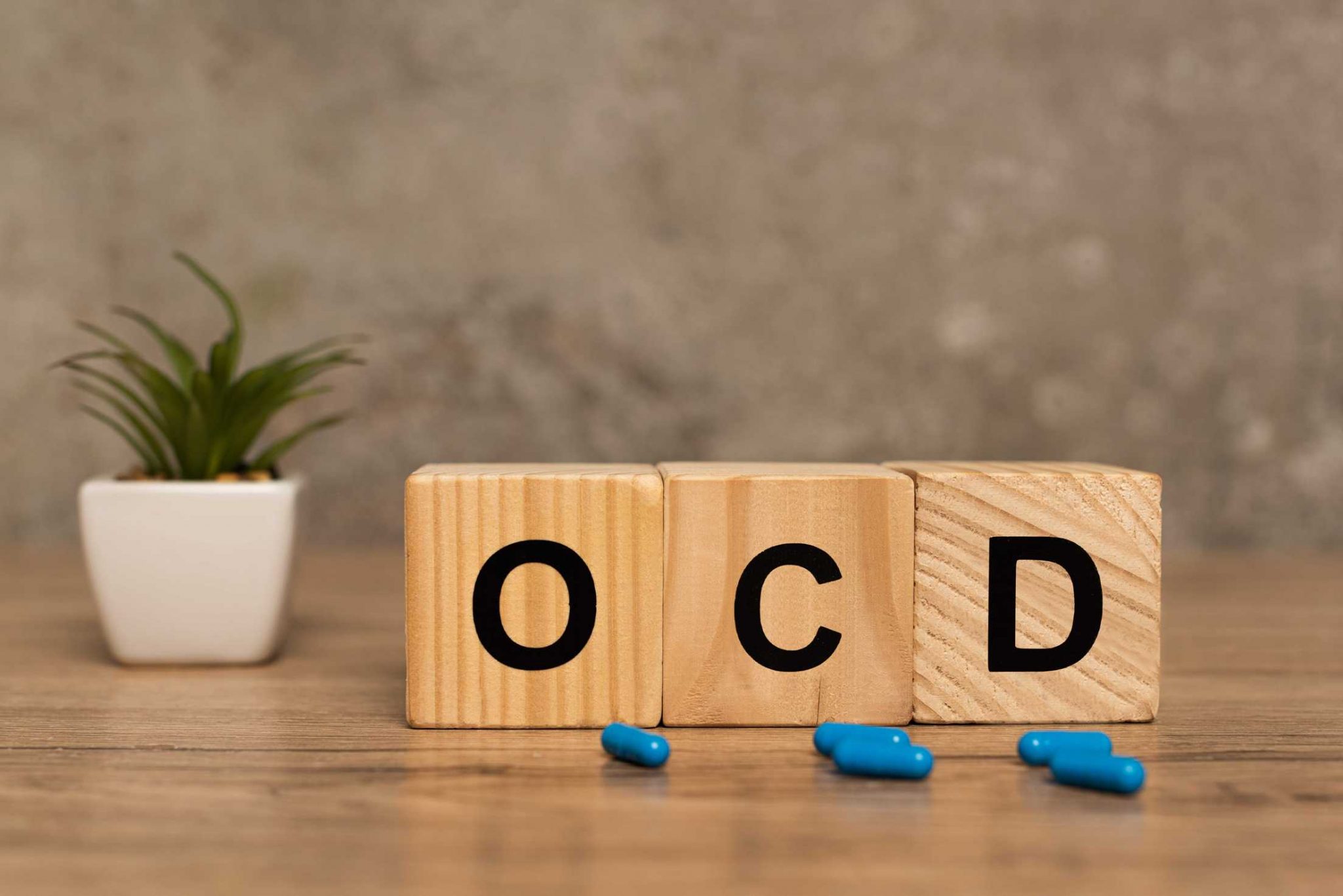COVID-19 has had a knock-on affect on mental health across the globe. The World Health Organization reports that the sweeping pandemic “is inducing a considerable degree of fear, worry and concern in the population at large and among certain groups in particular.” These groups include people with anxiety and depression and those with obsessive-compulsive disorder (OCD), who can have habits or compulsions that are curtailed by home confinement. There are many different approaches that those with OCD can pursue, including cognitive-behavioral therapy, medication, and transcranial magnetic stimulation (TMS). If you have a friend or family member with OCD who is struggling because of COVID-19, let them know that treatments like TMS can help stimulate the brain and provide symptom relief.
Why Is COVID-19 Such A Struggle For People With OCD?
There are many ways in which this tense moment in human history can affect people with OCD and other disorders, such as anxiety. People with OCD can already have very strict rituals with respect to cleaning. Frequent reminders from health departments for people to keep themselves and their environment clean can result in even stricter or more frequent rituals. These, in turn, can produce greater anxiety and, in severe cases, can result in skin irritation owing to excessive cleaning. There are numerous protocols to keep COVID-19 at bay. These include cleaning surface and contact points, specialized cleaning for areas inhabited by someone who has had the infection, and protocols for office work. The fear of getting protocols wrong can result in great anguish for people with OCD.
Frequent News Watching
Another source of stress is the news. Websites and television channels are providing news on the virus non-stop, and many people with OCD tend to refresh their favorite news pages frequently. This can lead to worry, since sometimes, news items can have an alarmist tinge to them. Experts at the American Psychological Association recommend that people with OCD aim to check news at programmed, short intervals – for instance, just five minutes a day, once a week, or not at all if news has a very negative effect on the individual.
Recommendations And Treatments
People with OCD can feel more assured if they follow recommended cleaning procedures, without feeling the need to wash more frequently or intensely. Those having a hard time sticking to this may consider treatments such as CBT, TMS, or even ketamine infusions. With CBT, they can keep a journal that will help them identify the connection between their behaviors and thoughts and beliefs. For instance, if they normally wash their hands every hour, their therapist might suggest that they do so only three times a day, or when they go out or touch a surface outside their home. They can then see the effect that this change has on the way they perceive the virus. TMS can also help people with OCD who need to work outside the home by using magnetic pulses to calm the parts of the brain that cause obsessions and compulsions. When they are in a more tranquil and mindful state, they can better assess the nature of the risks they are facing in a more realistic light. Finally, ketamine treatment can help with the co-occurring mood component of OCD, but it has also been shown to reduce the symptoms of OCD rapidly, without the use of medication.
Practicing Self-Compassion
The American Psychological Association also recommends that people with OCD exercise self-compassion. This is known to reduce stress and it is simple: it simply involves being as kind to oneself as one would be to others. People with OCD should have family and friends who support them and who understand that this can be a particularly challenging time. It’s also valuable to remember that, eventually, this time will pass.
People with OCD may feel tenser than normal while we battle COVID-19 because of frequent news updates and fear about the need to sanitize oneself and one’s environment frequently. Treatments like CBT, TMS, and natural relaxation methods such as mindfulness can help. So can feeling the acceptance of loved ones regarding one simple fact: it is normal for people with OCD – and indeed everyone else – to be more worried. However, there are ways to make the stress and anxiety it produces considerably more bearable.





















